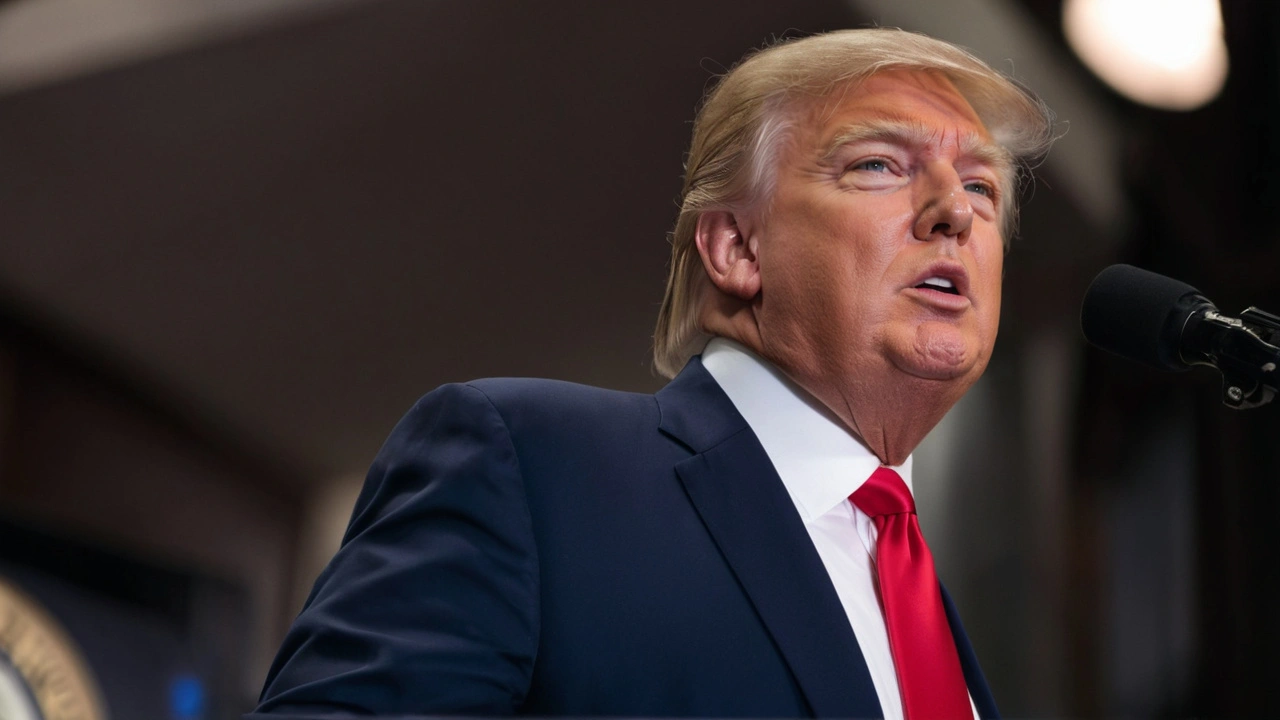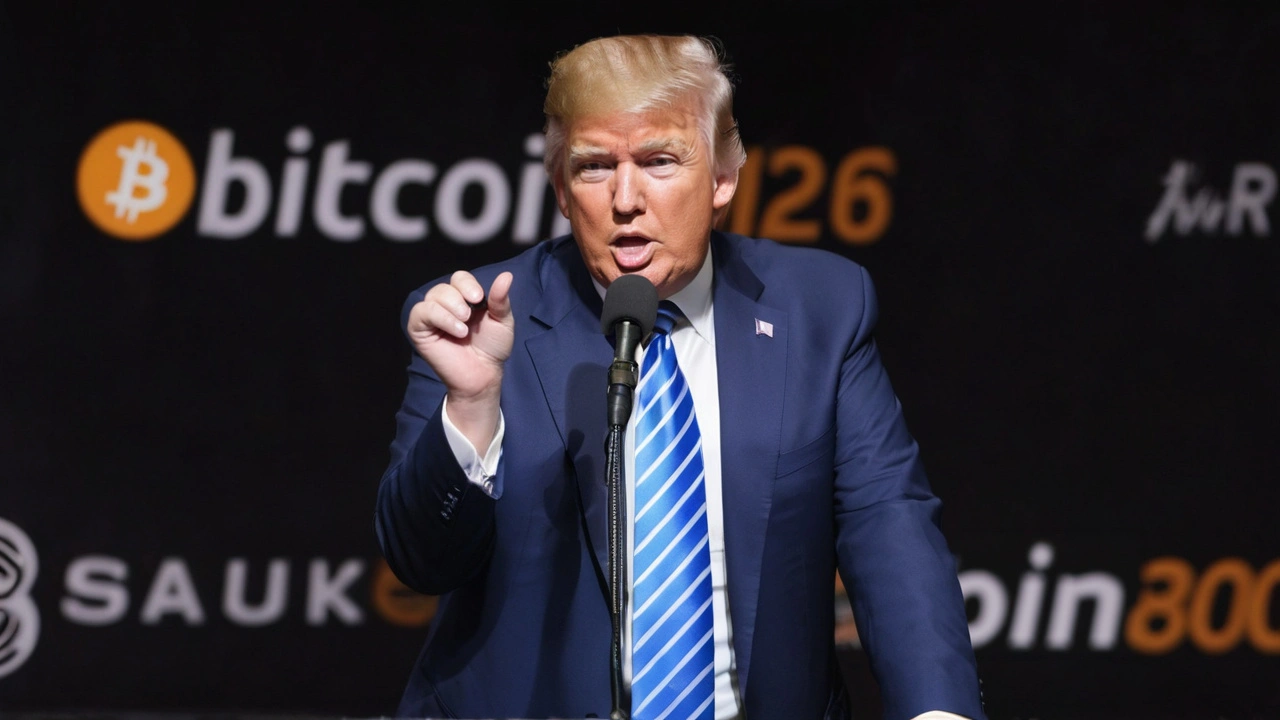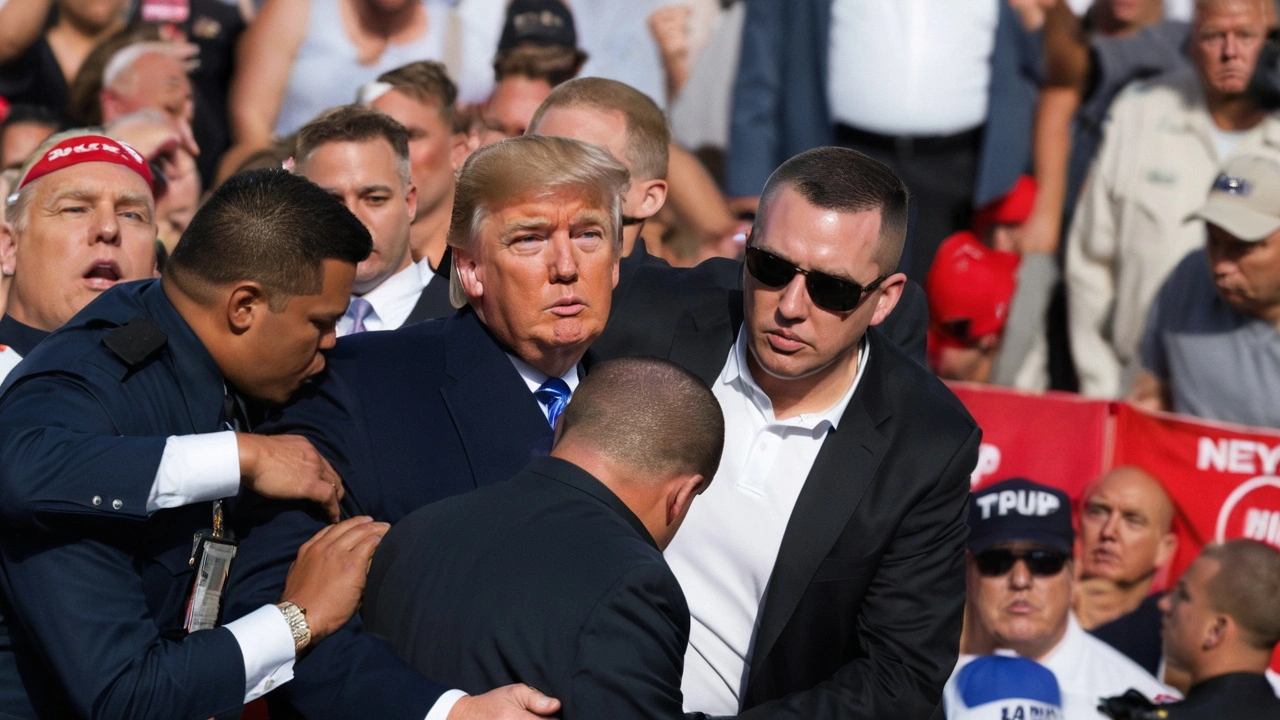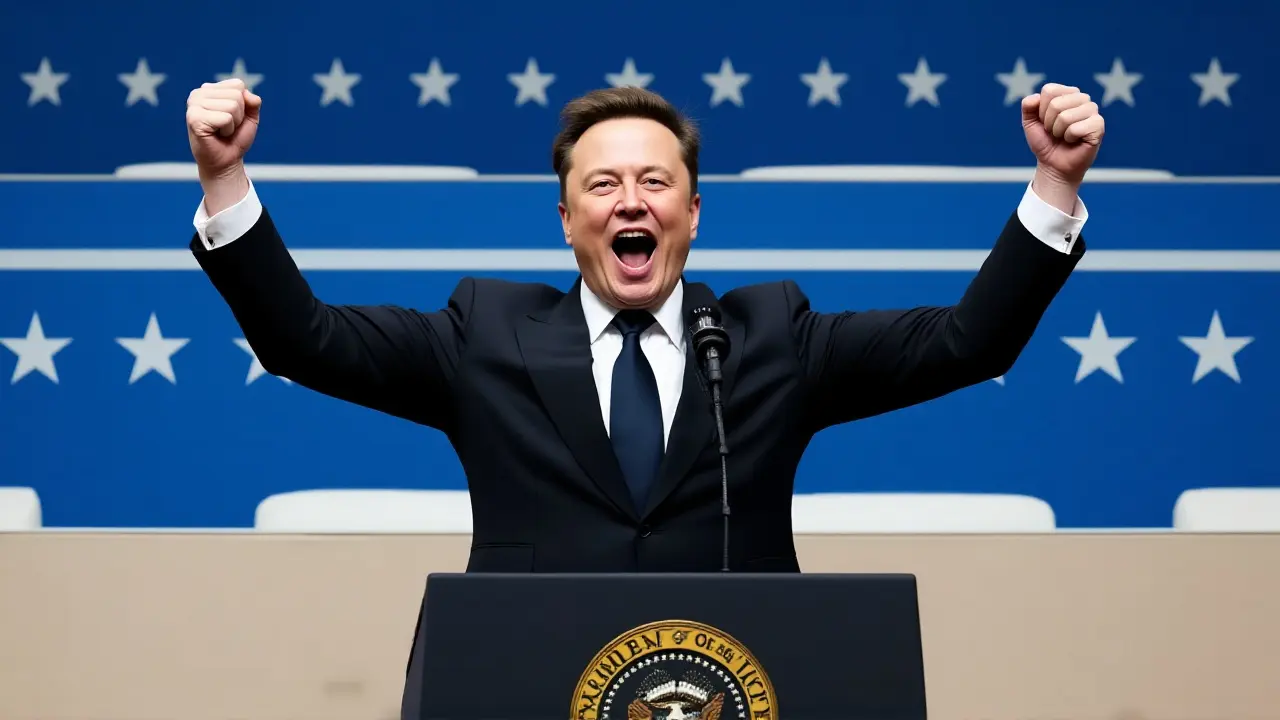Elon Musk Raises Concerns Over Potential Election Interference
Tesla CEO Elon Musk recently stirred up controversy by questioning whether Google is deliberately omitting search results related to a reported assassination attempt on former President Donald Trump. This debate surfaced after users noted that Google's search engine failed to provide autocomplete suggestions for the July 13 incident when typing in relevant keywords. Instead, the autocomplete feature suggested historical assassination attempts on other notable figures such as Ronald Reagan, Archduke Ferdinand, Bob Marley, and Gerald Ford.
Musk took his concerns to X, the platform formerly known as Twitter, remarking, 'Wow, Google has a search ban on President Donald Trump. Election interference?' His comments fueled a wave of speculation and further polarized public opinion on the influence of tech giants in political matters.
Search Autocomplete and Its Implications
The autocomplete feature of search engines is designed to predict and complete user's search queries in real-time, aiming to save time and improve the overall search experience. However, it has also been a focal point of controversy, especially when it appears to omit significant events or suggest unexpected alternatives. In this case, the omission of results related to the Trump assassination attempt has sparked a significant debate.
Internet users and various social media platforms were quick to spread the news, with many calling it a deliberate attempt to influence public perception and political opinions. Donald Trump Jr. even went as far as accusing Google of intentional election interference aimed at benefiting Vice President Kamala Harris, a claim that has intensified the debate.

Google's Response to the Accusations
A Google spokesperson addressed these concerns, firmly denying any manual actions to influence search predictions. The company emphasized its commitment to providing high-quality information and stressed that its autocomplete feature is inherently designed to exclude suggestions related to political violence. The spokesperson explained that the primary purpose of autocomplete is to help users save time while still enabling them to search for any topic they wish.
'We have built-in protections to avoid autocomplete suggestions that could promote political violence, and we have not taken any manual action in this case.' The spokesperson added, reiterating Google’s commitment to neutrality and accuracy. Despite this explanation, many remain skeptical about the company's algorithm and its potential biases.
The Broader Implications
This incident spotlights the growing concern over Big Tech's influence on politics and public opinion. The power held by companies like Google to shape narratives through search results is immense, and incidents like this trigger public scrutiny. Critics argue that such control could be wielded to manipulate electoral outcomes or sway public opinion, raising ethical and democratic questions.
On the other hand, supporters of Google argue that automated systems are imperfect and bound to have lapses. They believe that the company’s policies and built-in protections are sufficient to ensure a fair and unbiased search experience. However, the debate over whether tech giants can truly remain neutral in politically charged climates persists.

The Role of Media and Public Perception
Media outlets and influential figures like Elon Musk play a crucial role in shaping public discourse around such issues. Musk's comments effectively amplified the concerns, leading to a broader discussion about transparency and accountability in tech. With a single tweet, he was able to mobilize a significant portion of the public to question Google's practices and call for greater scrutiny.
As this story develops, the importance of media literacy becomes increasingly apparent. The public needs to critically evaluate the information they receive and consider the sources and potential biases involved. Only then can they form well-informed opinions about complex issues such as election interference and the role of technology in democracy.
Looking Ahead
The questions raised by Musk and others regarding Google's search practices are unlikely to be resolved quickly. As technology continues to advance and integrate into every aspect of life, the question of how to balance innovation with ethical responsibility will remain a hot topic. Policymakers, tech companies, and the public will need to engage in ongoing conversations to ensure that the power of technology is wielded responsibly and transparently.
Future developments in this story will likely bring more insights and potentially new evidence. Until then, the debate over election interference, tech transparency, and the ethical responsibilities of companies like Google will continue to shape the political and social landscape.








12 Comments
Don't worry we’ll get to the bottom of this.
Interesting point about Google’s autocomplete. It’s true the algorithm tries to filter violent content, but the line between safety and censorship can be blurry. Musk’s shout‑out certainly turned a niche glitch into a headline 😀.
Google’s policy aims to block violent queries however the execution sometimes misses context
Yo, the thing is autocomplete is basically a statistical model trained on past searches. If nobody typed the exact phrase, it won’t pop up, and that’s a flaw not a conspiracy 😅. Still, it’s worth keeping an eye on how those safety filters are tuned.
Wow, another grand conspiracy about hidden search results. As if Google keeps a secret list of “forbidden” events just to sway elections. The drama is entertaining but the facts are scarce. Let’s not forget the countless false alarms that have come and gone.
Honestly this is just tech noise, nothing more than an algorithmic hiccup.
The phenomenon of algorithmic omission is not a new curiosity, it has been studied for decades by scholars of information control. When a search engine suppresses certain suggestions, the effect can be likened to a modern form of gatekeeping, where the gate is an invisible codebase rather than a human editor.
One must ask whether the gate operates on a principled foundation-such as preventing the glorification of political violence-or on an arbitrary set of risk‑aversion parameters defined by a board of engineers. Historically, governments have censored printed media to shape public perception, but today the canvas has shifted to machine‑learning models that learn from user behavior. If the training data never contains a surge of queries about a specific event, the model naturally assigns it a low probability and therefore omits it from autocomplete, which is a statistical inevitability rather than a conspiratorial plot. Nevertheless, the opacity of the training pipeline fuels suspicion, because the public cannot audit the weighting functions, the exclusion lists, or the heuristics that decide what is deemed “violent”. Take, for instance, the 2016 German election where certain rumor‑containing hashtags were demoted in search suggestions, a fact that only emerged after extensive whistleblowing. In that case, the platform argued it was protecting users from misinformation, yet critics pointed out that the same mechanism could be weaponized to silence dissent. The same logic can be applied to the current Google autocomplete controversy: a well‑meaning safety filter might unintentionally mask legitimate news about a non‑violent incident. What complicates matters further is the political leverage that prominent figures, such as Elon Musk, can exert by amplifying a technical glitch into a headline. Their influence can pressure corporations into public statements, which sometimes serve more as PR maneuvers than genuine transparency. From a philosophical standpoint, we confront a paradox: the more we rely on autonomous systems to mediate truth, the less we control the narratives they produce. Consequently, the solution lies not in blaming a single entity but in demanding systematic audits, open‑source classifiers, and clear guidelines about what constitutes political violence. Only through collective scrutiny can we ensure that safety filters do not become de‑facto censorship tools. Until such mechanisms are in place, every unexplained omission will remain fertile ground for speculation and, inevitably, for the kind of dramatic rhetoric that dominates online discourse.
Listen, the elite tech cabal loves to parade “safety” as a veil while they silently prune inconvenient narratives, and anyone who doesn’t see the game is just naïve.
Behold! The saga of hidden queries ascends to mythic proportions, yet the reality remains a simple glitch.
To add a bit of clarity, the autocomplete model weights recent search volume heavily, so a sudden spike in queries about a breaking news story can take a few hours to surface.
Algorithms reflect biases inherent in their data.
While it’s true that data imprints bias, we must also consider the intentional design choices that amplify or dampen certain signals; the responsibility lies both with the dataset and the architects.